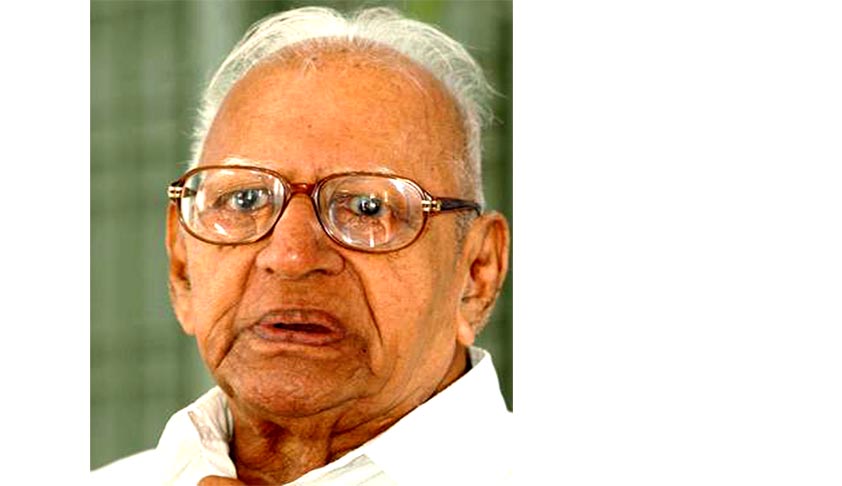- Home
- /
- News Updates
- /
- JUSTICE V.R.KRISHNA IYER @ 99
JUSTICE V.R.KRISHNA IYER @ 99
LIVELAW NEWS NETWORK
10 Nov 2013 1:04 PM IST
Justice V.R.Krishna Iyer who is considered as the “judicial conscience of India” turned 99 this month. Justice Iyer has the rare distinction of being first a Minister in State a Cabinet and later a Judge of the High Court and Supreme Court. He was the Law Minister of Kerala in the first democratically elected Communist Government led by E M Sankaran Namboodiripadu. The government was...
Next Story



